My Name Is Sophie Jayawardene and this is my story.
It could have been a normal day where I do normal chores. In actual fact it was a normal day despite a call I got from my GP in early May 1989. It was a beautiful sunny day, the beginning of my second winter in New Zealand, the country we had migrated to a year earlier. I was not looking forward to going through another four months of the cold misery weather. But as it happened I had a life to look forward to, appreciating and enjoying all things this little city had to offer. Usually after my six year old son had gone to school and my four year old daughter had gone to pre-school, I would clean up and spend most of the day reading Mills and Boon books. It was then that my phone rang, "Is your husband home?"
That was my GP on the other side.
"No," I answered politely.
"It's actually for your results. You are positive."
I had been waiting to hear from from my doctor. Two weeks earlier I had visited him for a routine pregnancy check up and told him my legs were swelling up. In my previous pregnancy I had been told it was blood pressure. I am not worried, it has happened with the other two children, I had told my doctor. He then suggested carrying out a blood test. He referred me to Dr. Shelly Robertson, a gynecologist, for the blood test. I had never heard of a gynecologist. At her clinic, a man with a white robe and gloves came into the room and did a blood test. With that I went home and basically carried on with my life.
I did not ask any further questions and so as my GP did not elaborate on the findings, I thanked my GP and hung up. The day went on as usual waiting for my family to come home.
When my husband got home, I was happy to tell him that I was positive.
"The doctor has called," I said.
Marrying an educated man was one thing I had dreamt of when I was a teen. I was the youngest girl of five older sisters. Growing up in a village in Zimbabwe I got to observe all my sisters' lifestyles. Three of my sisters were married to laborers and the other two were married to professional partners. These two sisters were my idols whenever I had thought about marriage and the life I had wanted for my children. I wouldn't have gone wrong by marrying an ex-Oxford student with a degree in science, math, and a masters in engineering.
When he had asked me what was positive, I said, "I don't know." He probably knew I did not understand the word anyway, so he picked up the phone.
After he had spoken to the doctor, I would never forget the look on his face. He looked as if someone had drained all his blood. "Sophie," that's how he began, "sit down." I sat on a sofa opposite him. "Have you heard of the killer disease that makes you skinny and have diarrhea, bleed and die?" This is how in those days AIDS was described. I had seen a little of this once or twice on the news. People were still talking about its origin. It was described as from mainly Gay men and African people, those who eat monkeys.
It took a while for me to absorb what was actually being said. As primitive as I was, I asked my husband what all that meant for me. How I had asked him that question after the description of the disease, only God knows.
My husband had practiced nursing in his university years, so he had a clear understanding of what was about to happen. "The Doctor has asked us to go to his clinic tomorrow morning. Don't worry," he said. Don't worry on which part? His face and body resembled that of a person in despair and a face that was rather already dead. On catching up to the seriousness of this my brain began to wonder. "How could this be according to how it was contracted? Surely there must be a mistake," I had thought.
The next day the whole family was ordered to be tested. The days that followed only God knew what was in store for my family. I do not remember saying: At least I am the only one in the family, thank God for that. I do not remember having had the time to stop and think. At the Doctor's, we were only told half the seriousness of it and that the government was to deal with us from then on.
"You are positive," my GP had said. This word when I thought about it, saw it on paper, or heard it, did play a joke on me. A joke that is not laughable. Six months earlier I had gone to see my GP when I had missed my menstrual cycle. He had done a pregnancy test in his lab. Few minutes later he had reappeared and said, "Congratulations, you are positive!"
When trying to make a point about education. I had told my children that, "Some things you learn them from experience. There are people I know who have made it and never been to school. Learning aspects of life from different sources is part of life." That was not just a lecture but a philosophy; I did not say how that philosophy came about. I had discovered ignorance not through a fault of my own. However, in my own waking life I had just discovered that "Ignorance is a disease."
Few weeks earlier, our phone rang at night. It was on Easter Saturday. It was my brother on the other side; my husband had picked the phone up. I was already in bed as I had gotten tired by eight in the Gisborne heat. I heard my husband saying "Aaaaa." I could feel the deepest sorrow in his voice. It was a sound I had heard him make years ago when he had received a call from South Africa. His father's friend had called to let him know of his father passing away due to a car crash. My heart began to race. "Sophie, it's Charles!" he called. And I knew it was my father. The previous night I had a dream about my father. In my dream my youngest aunt had poisoned my father, and I woke up screaming. I told my husband that dream before he had gone to work. Dreams had always scared me, especially this one. I had not dreamt at all since moving to New Zealand.
After telling my husband, I dismissed it. I convinced myself that there was no need to worry. This was a country where superstition does not exist. That changed within hours. "It wasn't just a dream my father had actually died. Back in Zimbabwe my family were grieving, now this." I felt dizzy. I hurried to the loo to escape the two little eyes that were now looking at me. I came out to the sound of my husband asking me to come out. "Am I in another dream?" I could not find tears, and I wished it had remained a dream.
Grief was no longer a misfortune but a way of life. The sun did not com out anymore, and I had instantly forgotten who I was. I did not know what I was grieving about. When I had cried my husband had said, "Don't worry. I will book a plane ticket and you can go home for Christmas." "If I am still alive," I had thought. I had cried so loud especially when my kids were at school. Most times I cried myself to sleep, and yet when I woke up nothing had changed. There was life kicking in my stomach. I would hold my stomach and try not to look at the movement on my dress caused by the baby's play.
I had been forced to look at who was going to look after my children. Who was going to teach my daughter about womanhood? In my mind I tried to imagine which houses in that town, a town we knew nobody… which doors were my children going to knock for help? Which one of those doors would be willing to open? How my husband was going to cope? Sometimes I had tripped over nothing, blinded by my own tears. I would then take a nap.
I wished so much that my father hadn't died. Growing up as a girl was one of the hardest things, especially when something like a sudden death happens. Culturally, girls were kept separate from their fathers. I had no memories of cuddles or kisses from my dad. When I became a mother, I got to know my dad a little better, when he had come to visit us in the city. I had perceived my dad as a very intelligent man, judging by his travels and the lifestyle we had. He had told me of other countries he had to visit as part of his work. He talked to me about different cultures so that I don't get confused after I had met my husband who was a Sri Lankan. The only intense conversation I ever had with my father was when I had informed him of our plans to move overseas. He had looked worried. I said, "Father, it's for the kids to get a better education." "Don't forget us please," he seriously replied almost as if he knew something I did not know. He repeated these words again on the day of my departure. Another thing I was not to forget was his hug at the airport, the first and last hug ever.
I was still waiting for the rain to come again, although I knew the rain was going to be very heavy this time. I also knew I was the one who was going to drown. I had not known yet what the authorities were going to do to me and my family. Each day seemed to have a million hours. I think somehow my children could feel that tension. I could feel the thunder, the storm, and the horrors that were to come. For the first time the role of a mother began to haunt me. In my absence, what were my children going to do and that created the beginning of panic attacks. Then I did not know what that was; just a sad heart, I believed.
If nature could bring warning signals for danger, it could have made all the difference. I was to spend most of my days day dreaming that, that maybe I could have changed the nature of my pain. For many nights I lay in my bed and stared at the ceiling, crunching at my heart afraid it might jump out. I learnt to paint my face in seconds and get away from the mirror before I could see the other person that was starting to emerge.
It took a week or so for the doctor to arrange a meeting for us with the hospital officials. A meeting was to take place at Gisborne Hospital, we were told. Gisborne Hospital was less than five minutes drive from the house we lived in. It had been a while since I had spoken or looked at my husband. And it was no different on this day as we drove up narrow road that led to the reception. At the reception we were shown to a small isolated building. The building was a room with just about eight chairs in it. I remember this because where my husband and I were going to sit was made that obvious. A group of white people in their late forties to early mid-fifties walked in. One of these people was my gynecologist Dr. Shelly Robertson.
Do not imagine how I felt at this stage. I can only say it was worse than entering a court house for a murder sentencing. My husband's grip on my hand seemed to be saying, "I am here" although I knew he too was feeling hopelessness. I was lucky to have him. Skip the introduction, I was not paying attention. I wanted to know what was going to happen to us.
"You know you have AIDS." My gynecologist had started. "This is a very serious illness. In actual fact you are the first case we have had in this country." I had a little chill in my body. I thought, "How dare I came here and introduced this disease? How did I have it?" There was no time to think about that, not now anyway. I channeled my attention back to the speaker. "There are also no drugs for this virus. Once you get it you die." She continued, "What complicates your situation is you are pregnant and that means you have passed the virus to your child." I was hoping somehow she wouldn't say those words. My pregnancy, my baby, a subject I had tried not to think about if I should not be the one to decide. My heart began to pound rapidly. I was afraid everyone in the room could see it. If I was not scared I could have said, "Excuse me, I need fresh air," but my husband's hand that rested on my lap gave me the support to remain seated. I had answered how little I knew of the disease when asked if I understood. Given the opportunity to ask any questions, I could only say, "So what's going to happen to my baby?"
Over the last few weeks I had thought about this. What I had settled for was about to be disregarded. I had prepared to have my baby in three months, nurture my child with miracles, the baby was going to be fine. If anything, at least I was going to be with my baby. That I was sure of, until one of the doctors replied, "No midwife or doctor will deliver your baby. There is a lot of blood during birth and no one will take such a risk. The only way is to terminate the pregnancy and that will give you a chance to live longer." Somehow my baby could hear this. My stomach began to kick rapidly as if he was saying, "You don't have to take that option, Mum." My husband asked what about going to give birth in a different country? The only words he could manage to breathe out. As they had already contacted the so-called appropriate authorities, immigration being one of them, they had apparently already stated where they stood in relation to this case. They were not going to let us back into the country, we were told.
Not knowing what was to come, we sat there like we had been caught trying to sneak into the country. More was still to be said. "There is still a problem in New Zealand. We don't terminate pregnancy over three months," the speaker continued. In that instance we were told of their plan to solve the baby problem. We were told about a clinic called Port Points in Sydney that specializes in abortions. "We have realized that money could be a factor in delaying doing so. Therefore, the AIDS Foundation has organized your fares and accommodation. Someone from the AIDS Foundation will get in touch with you. Meanwhile you are not to have sex with your husband. Use condoms if this is to happen." These were the last words to me and I never saw these people again.
As the arrangements had already been made prior to the meeting at Gisborne Hospital, that evening I got a call from a lady called Judith Ackroyd, an AIDS Foundation worker letting me know she will be waiting for me at Auckland Airport. Judith was to be the person I had to contact if I should need anything regarding my condition. I met Judith the next day at Auckland Airport. She came across as a warm woman with empathy in her. She definitely made my journey easier. She had explained to me how my trip was going to be. I was not going to be alone in a way. She handed me tickets and the names of those who were to meet me at the airport. I boarded my flight as if I was a normal person even though I was aware of the aura that hung around me.
I left for Sydney to a clinic where termination was to take place. I do not to recall the emotional events of this day. I may have said to the kids, "Mum is going shopping and your dad will look after you." I know that, that day I did not worry about how my husband was going to cope because I had been occupied with the thought since the day I found out I was going to die. I had no choice and he had no choice. I wanted to remember this particular day. I want to remember that morning from Gisborne Airport to Auckland, but I cannot. The only thing I do remember feeling was being a zombie rather than nervous or sad. There are many dark moments I had lived. Some are probably darker than that particular day. Only God knows the reason why that day should not be remembered.
In my upbringing, an abortion was never spoken of, and I had not known that it was used as a solution to problem solving. Eating was not an option that day. I had been instructed by Judith not to eat. Where I was going and the reason for my travel had been all blocked. I had no shadow and knew part of me was already dead. My grandmother told us that a dead body has no shadow, she had said this once after she had come back from a funeral. Apparently, mourners had noticed a shadow where the body lay. My grandmother had told us that those who do not find their ways to heaven are the ones that hung around. And the shadow we see hanging around us is the spirit that leaves when we die. Scary stuff, I had thought, not dead yet but I knew part of me had already left. All the way to Sydney I felt that my spirit had left me. I felt like a shell but that feeling did not induce any need to cry.
At Sydney Airport I spotted a man holding a sign with my name. He drove me straight to the clinic. We got to the clinic quite early and checked in. This place was quiet and did not represent a slaughtering place but a business among other businesses. After notifying the clinic, the host took me to visit some place where it looked like a gay hangout. There were only males, and I was the only woman and pregnant. There was so much love in this place; most of them were couples. To my astonishment they were just cuddling or some kind of affectionate. I did not understand why my host took me there. I hadn't guessed who my host was. Nevertheless, it turned out to be a moment of peace. I did forget what I was waiting for. On our way back we passed through another place, which in memory I recognized years later as perhaps the AIDS/Gay Resource Center. The people here were friendly and sympathizing I felt.
Back to Potts Point the abortion clinic there were hundreds of women. That's what it looked like to me. I had been expecting to be the only one. When it was my turn, a short, bold, and fat doctor that looked like the olden day butcher man called my name. I walked to the reception and he handed me a green robe, then instructed me to go and have a blood test, pointing to a room. Shortly after the blood test was done, he examined me and told me to go back to the waiting bay.
During this time my baby was kicking nonstop or was he just playing? I was too huge for a six months pregnant woman. I had noticed that when everyone was looking at me. I tried not to think; actually that's what I did. I was just waiting. I had been alone at some stage in life, scared, and thinking what I should be doing. This was not the kind of loneliness I had experienced. The only way I can describe the moment is this: it was like being in a small dingy in the middle of a very still ocean. No one could see me, no one could hear me, and the only sound was that of the ocean breathing very heavily.
What could I have done? Crying is supposed to be an emotional thing, I had none. The only motion I could do was shut down. At the second call I was taken to a room. In this room was a strange machine and a hospital type bed. A mask was put on my nose and out I went to sleep.
I was woken up by a bump on a stretcher bed I had been put to rest after the operation. A plump nurse had tripped on to the bed as she spoke to the other skinny nurse. "She had twins this girl" she said it in a voice that suggested I knew how many babies I was carrying. Without much talking about their work they wheeled me out of the room. Noticing that I was already awake, they instructed me to dress while asking if I could walk. I staggered to the toilet where I felt a strange pain that summarized what the nurse had actually spoken of, "She had two babies this girl." It's over now, it's done. I came to realize of what had actually taken place. I felt empty and inhuman. "If she only knew the doctors gave up on the babies and me the minute they discovered I had the virus," I had thought sadly. As usual I could take anything as if it happened to everyone all the time. This was no matter to be sorted out. It was done. Or should I have asked her what she said, or their gender? Could that have made any difference?
The nurse wheeled me out where my host was waiting with a man that he introduced to me as his partner. For a moment I ignored the pain that lingered around waiting for a slight move. I silently thought now I knew who my host was. The couple wheeled me out of the clinic to their waiting car. It was around rush hour when they were driving to their home. In the car I had been thinking of the time I had heard of the word gay. It was not long ago. Now I have met a couple and a couple that lived together. Nice one I had thought. They took me to their place which was not very far from the clinic. During this time I enjoyed the ride forgetting why I was there.
Their beautiful apartment had a feeling of love. The apartment was displayed with sculptures from different countries in the open living space. Fish ponds were neatly built in a way that resembled a fish garden, and big live plants stood in various corners offering their pleasant fresh scent. Besides being in pain I found myself admiring their lovely place, especially the largest fish that looked pregnant. While I was being mesmerized by their place, one was making me a cup of tea. The other engaging in cooking dinner. They provided bathing facilities, and run the bath tub with hot water.
Each time I had visited the bathroom they would call out "Just leave the pads in the bathroom there love." For a change, someone was being sensitive about another human being. Did they even know that in my culture we didn't let men see our sanitary pads let alone touching them? In my silent thought I was thankful they did not. Somewhere in the back of my mind I thought of the dangers of attending to my waste. Something told me they choose to be in this situation. And thought someone had to do this. I dismissed that thought and enjoyed the sincere hospitality I was being provided with.
The couch I was lying on was going to be my bed for the night. That night despite the pain I felt, I slept like a baby. I had learnt something new, strange maybe, but reality of change it was indeed. With that a new faith was stored in me. These two strangers had touched my hand as they spoke to me, "Good night, Sophie. If you want anything, we are upstairs." It makes sense why I did not even think about that afternoon's nightmare, not even a tear drop.
When I had returned back to New Zealand, my ordeal had just started. Who was I going to tell and what about my children. I went to the darkest place and had to live like someone else hoping no one will ever find out about my status till I die.
Fifteen years later the stress of living like someone else, the immune syndrome had taken its toll. I wake up in a hospital half dead. I asked God if he should give me a second chance. I will not go back and live like someone else. And I will go and fight the things that scared me the most. When I was shamed and my pride placed with shame, I went into hiding and I had to come out in order to fight the things that scared me the most. It was never the virus I was running from, it was never death that scared me but "people". No one deserves to live like someone else, no one deserves to live in hiding.


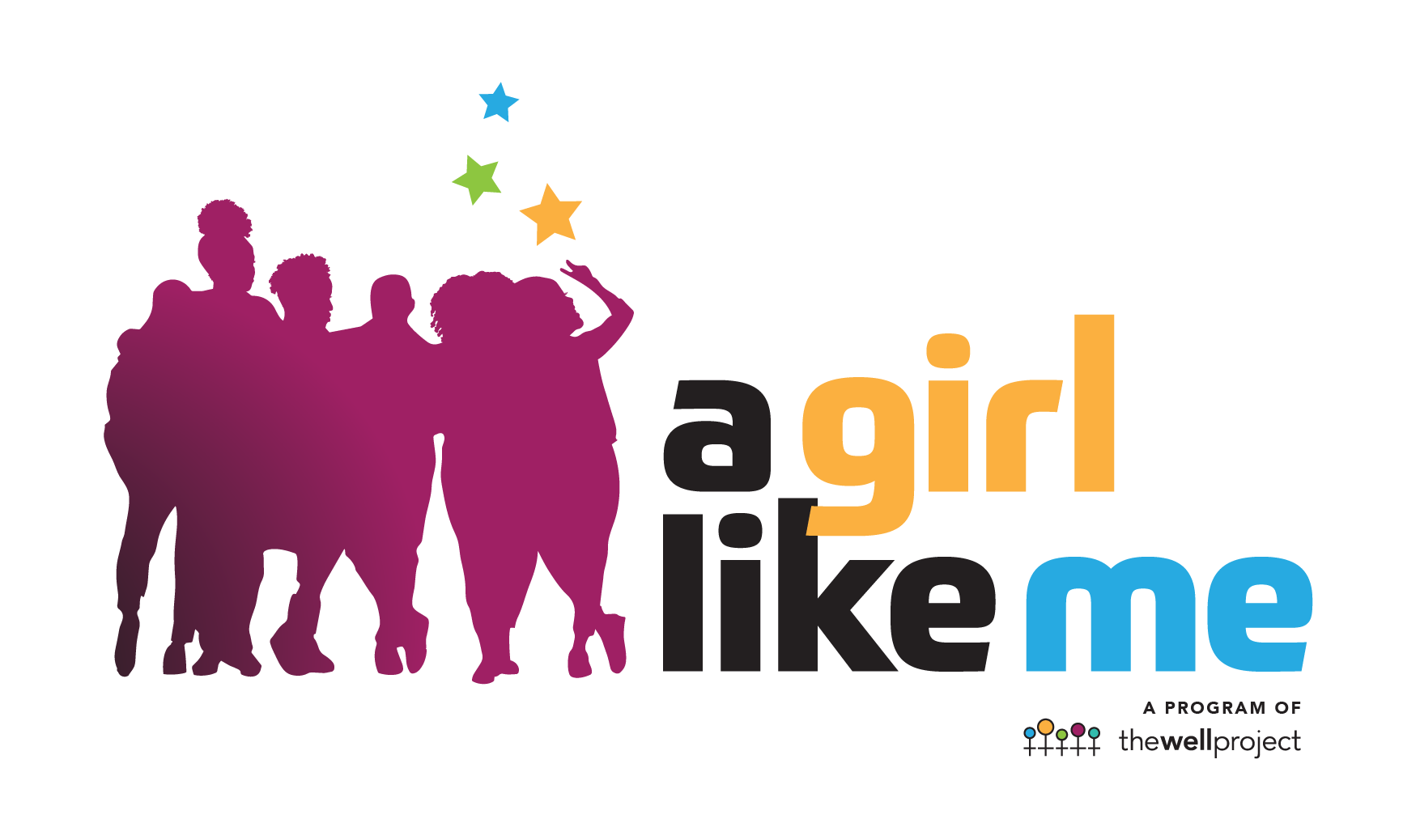

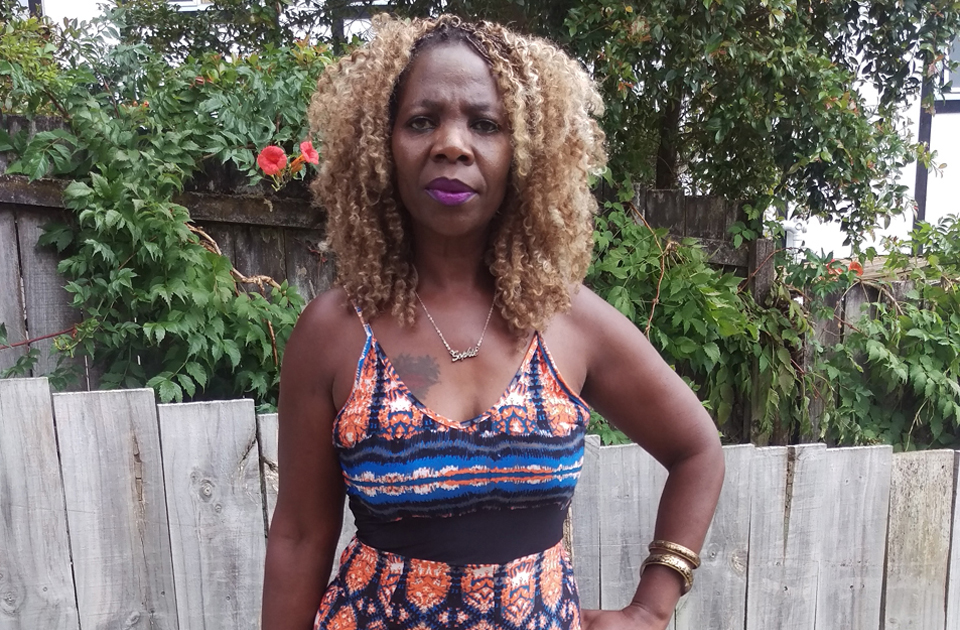



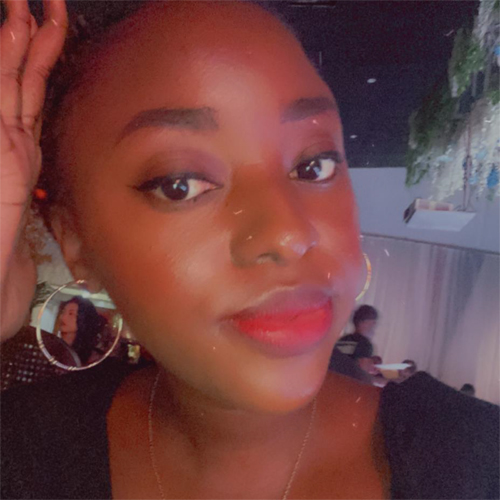
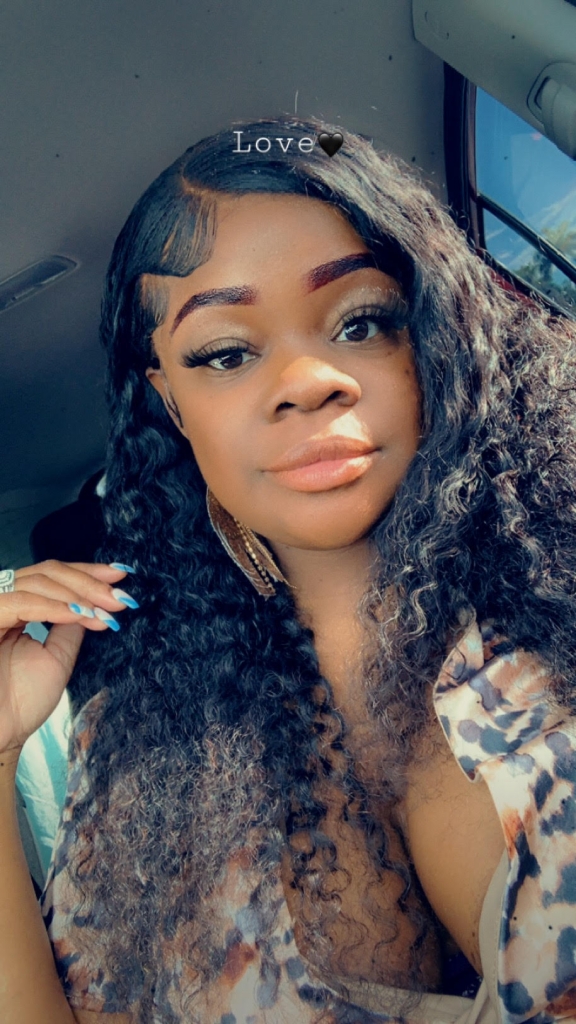


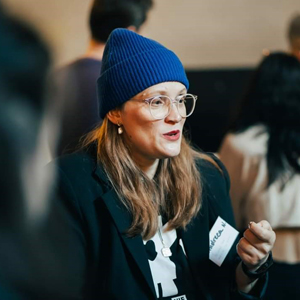

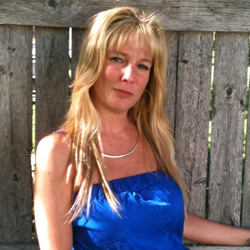


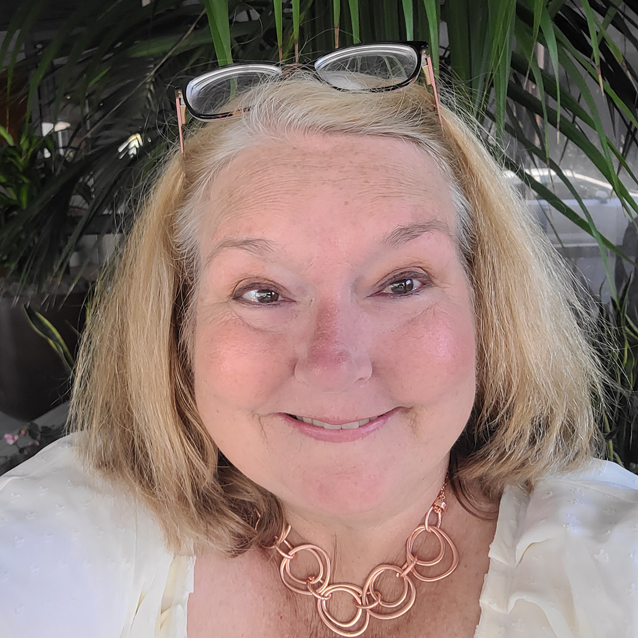

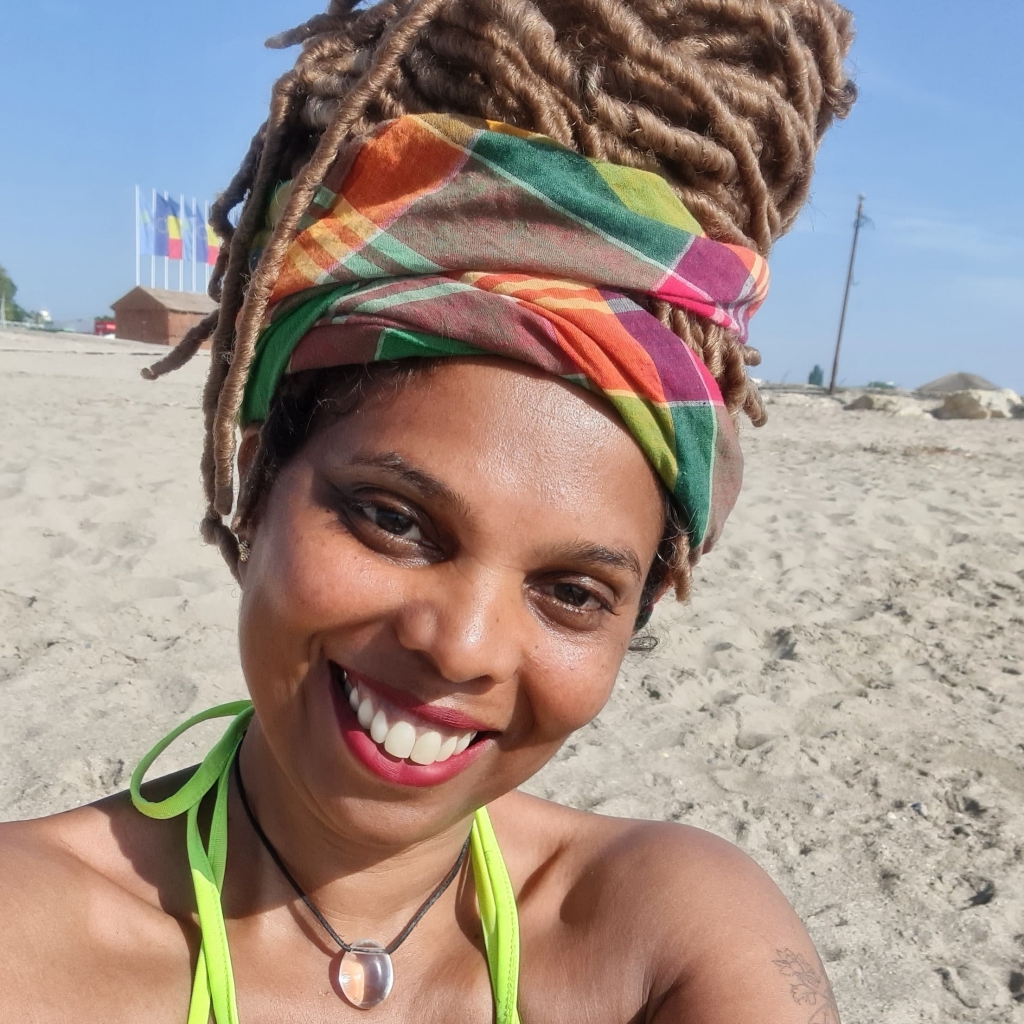

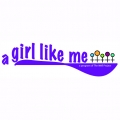
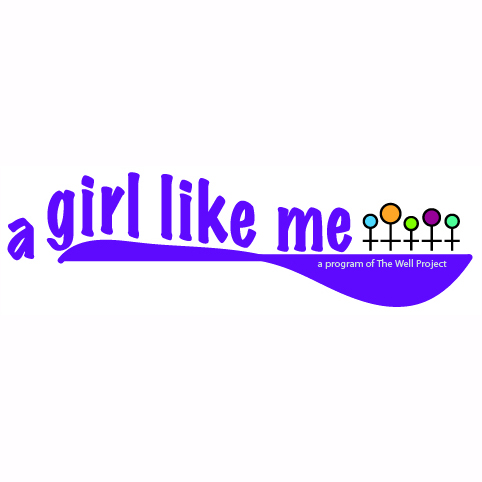
Such a touching story of
Such a touching story of courage. Thank you for sharing